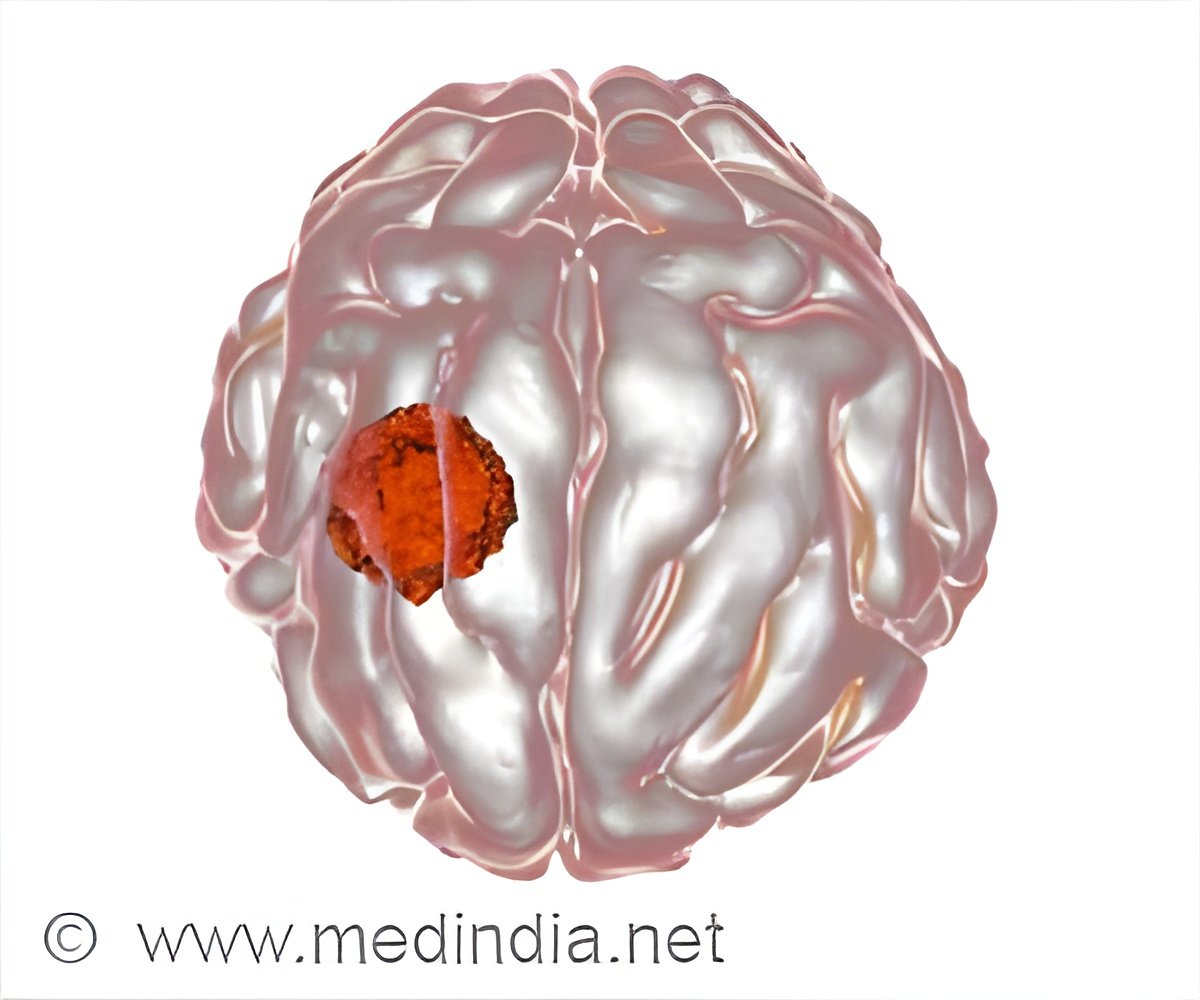Pakistani children with brain tumors often have CMMRD, a genetic disorder. Early diagnosis, awareness, and access to treatments are crucial to save lives.

Frequency and Impact of Constitutional Mismatch Repair Deficiency in Patients With High-Grade Glioma, a Retrospective Analysis of 7 Years in Pakistan: an IRRDC Study
Go to source). The study was conducted at the Aga Khan University Hospital (AKUH) in Pakistan, in collaboration with the Hospital for Sick Children (SickKids) in Toronto, Canada, through a pediatric neuro-oncology twinning program established in 2014.
TOP INSIGHT
Nearly one-third of children with #braintumors are diagnosed with Constitutional Mismatch Repair Deficiency. #pakistan #geneticdisorder #medindia
CMMRD and Childhood Cancer
CMMRD is prevalent in regions with high rates of consanguinity, where people get married to their relatives. In Pakistan, over 60% of marriages are consanguineous, making the condition more common.The study focused on children with high-grade gliomas (HGG), a type of brain tumor. About 31.9% of the children with HGG were affected by CMMRD. CMMRD is a genetic disorder caused by mutations in specific genes that are inherited from both parents, making it an autosomal recessive disease.
Diagnosing CMMRD can be challenging when there is no family history of cancer. The risk of developing cancer is very high in children diagnosed with CMMRD. They may experience multiple malignancies during their childhood.
Early Diagnosis and Treatment Challenges for CMMRD
CMMRD remains undiagnosed due to a lack of awareness and limited access to medical interventions. Early detection and regular monitoring of the condition are essential to treat the condition. The study emphasizes the need for better genetic counseling and educational programs to inform people about the risks of consanguineous marriages and the importance of genetic testing.Many Children in Pakistan do not respond well to traditional treatments like chemotherapy due to the genetic mutation in CMMRD tumors. This makes them resistant to common chemotherapy drugs. However, new treatments like immunotherapy, which have shown promising results in other countries, are not widely accessible in Pakistan due to high costs and limited expertise in public hospitals.
Reference:
- Frequency and Impact of Constitutional Mismatch Repair Deficiency in Patients With High-Grade Glioma, a Retrospective Analysis of 7 Years in Pakistan: an IRRDC Study - (https://ascopubs.org/doi/full/10.1200/GO-24-00247)
 MEDINDIA
MEDINDIA



 Email
Email










